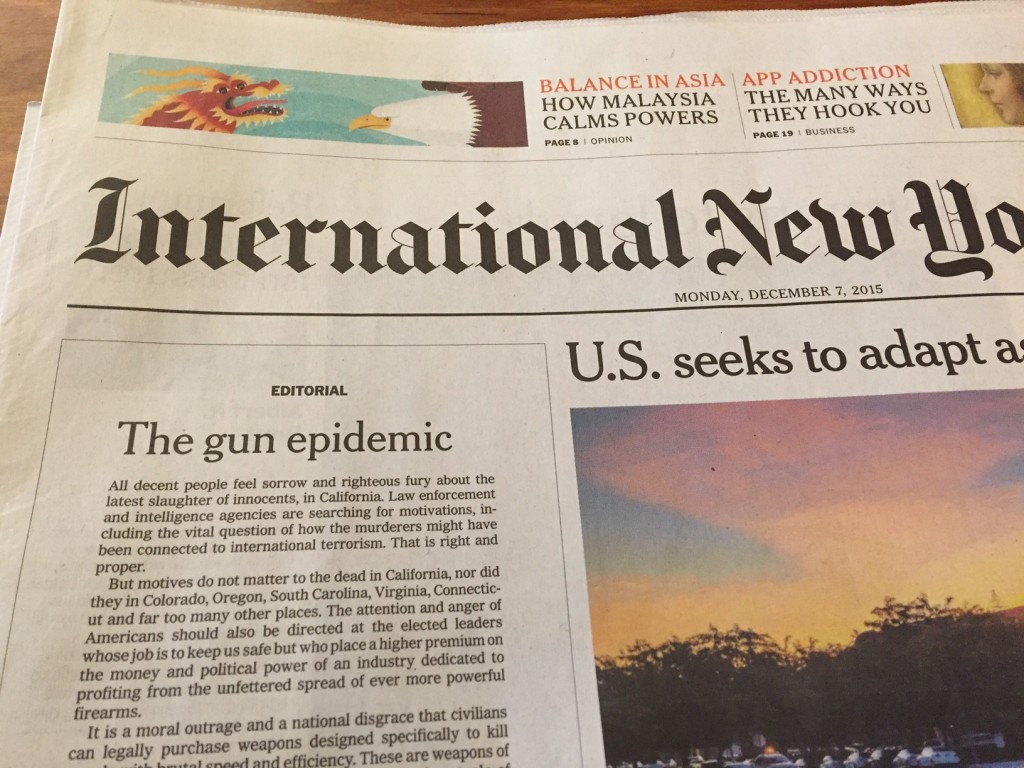For my money, danah boyd is one of the smartest and most perceptive people around. This year she went to Davos, and wrote a stunning essay about what she saw there, and the implications thereof. Well worth reading in full, but here’s a sample:
Walking down the promenade through the center of Davos, it was hard not to notice the role of Silicon Valley in shaping the conversation of the powerful and elite. Not only was everyone attached to their iPhones and Androids, but companies like Salesforce and Palantir and Facebook took over storefronts and invited attendees in for coffee and discussions about Syrian migrants, while camouflaged snipers protected the scene from the roofs of nearby hotels. As new tech held fabulous parties in the newest venues, financial institutions, long the stalwarts of Davos, took over the same staid venues that they always have.
Yet, what I struggled with the most wasn’t the sheer excess of Silicon Valley in showcasing its value but the narrative that underpinned it all. I’m quite used to entrepreneurs talking hype in tech venues, but what happened at Davos was beyond the typical hype, in part because most of the non-tech people couldn’t do a reality check. They could only respond with fear. As a result, unrealistic conversations about artificial intelligence led many non-technical attendees to believe that the biggest threat to national security is humanoid killer robots, or that AI that can do everything humans can is just around the corner, threatening all but the most elite technical jobs. In other words, as I talked to attendees, I kept bumping into a 1970s science fiction narrative.
Yep. The problem is not just that we’re in a tech bubble. It’s that we’re in a Reality Distortion Field which leads those who dominate the tech industry to think that they are the centre of the universe, that Silicon Valley is the Florence of Renaissance 2.0. And — worse still — it’s a RDF that leads powerful and influential non-tech people to believe that maybe they’re right.
Like I said, danah’s piece is unmissable — and wise. Make space for it in your day.



